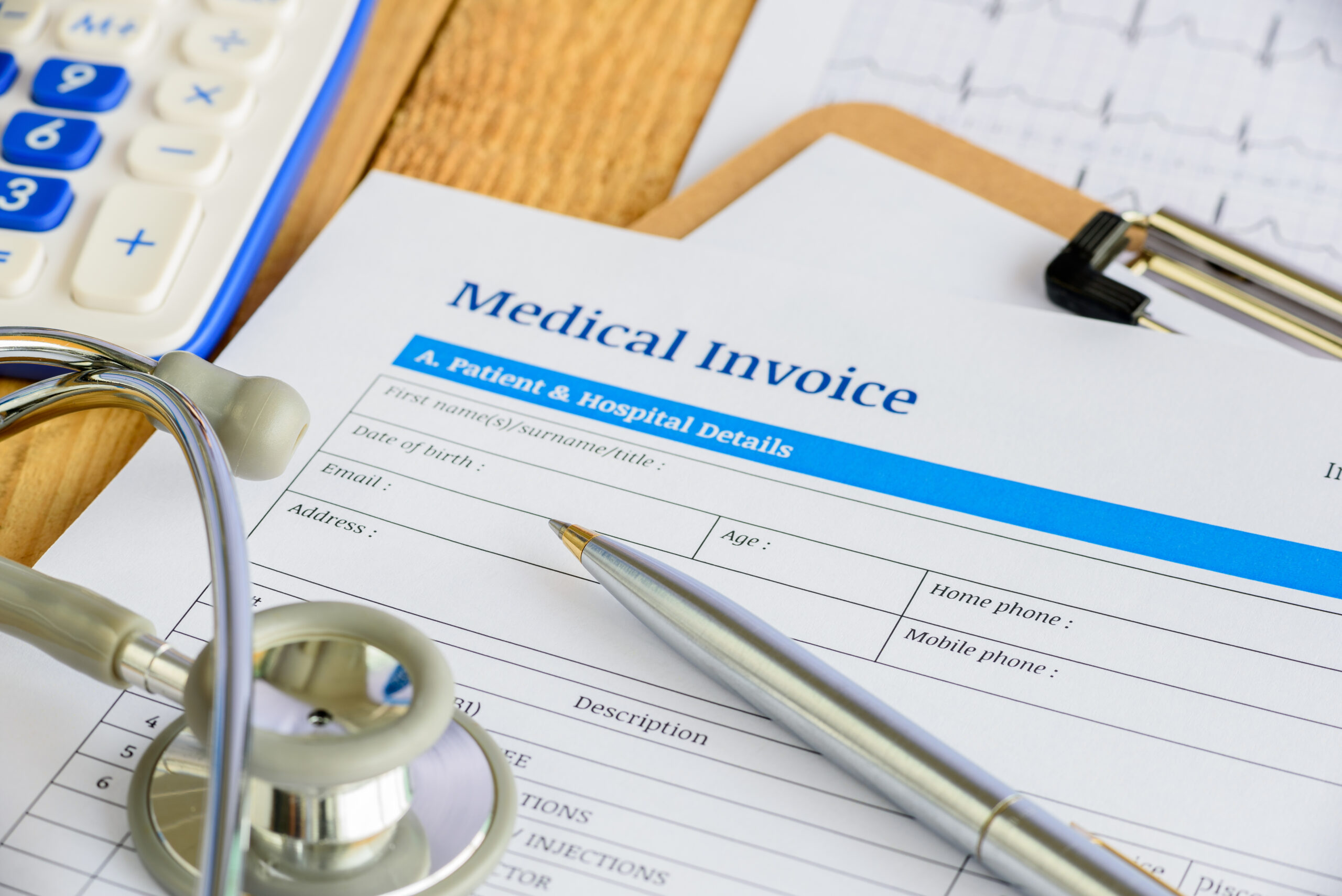
You never expect a quick errand or daily commute to end in flashing lights and a trip to the emergency room. Yet for many Texans, that is exactly what happens after a car crash. Amid the chaos, one of the most pressing concerns becomes: Who pays the medical bills after a car accident?
The answer depends on several factors, including fault, insurance coverage, and the extent of your injuries. Many people are surprised to learn that even if another driver caused the crash, they may still be responsible for paying their own medical expenses upfront.
At The Zimmerman Law Firm, we help accident victims across Texas understand their rights and explore all possible sources of recovery. Whether you are dealing with emergency treatment or long-term care, we are here to guide you each step of the way.
Understanding Medical Costs After a Crash
Even a low-speed collision can result in costly medical care. Common post-accident treatments include:
- Emergency room services;
- Ambulance transportation;
- Imaging procedures such as MRIs and CT scans;
- Hospital admissions; and
- Follow-up visits, rehabilitation, or physical therapy.
According to the National Safety Council, the average cost of a car accident, from medical bills to lost wages, for individuals with a non-fatal injury can exceed $20,000. This financial burden often comes without warning and can quickly overwhelm individuals and families.
Texas Is an At-Fault Insurance State
Texas uses a fault-based insurance model. This means the person who caused the accident is legally responsible for the resulting damages, including your medical bills. However, this does not mean their insurer will pay your bills right away.
You may need to pay upfront and seek reimbursement later through one of the following:
- Filing a personal injury claim against the at-fault party,
- Negotiating a settlement with their insurer, or
- Using your own insurance coverage as an interim solution.
This process is often more complicated than expected, which is why early legal guidance is important.
Who Pays the Medical Bills in a Car Accident: Sources of Coverage
Several potential resources may be available to help cover your treatment expenses.
Your Health Insurance
If you carry private health insurance or are enrolled in Medicare or Medicaid, those benefits may cover medical care after an accident. However, your insurer may later seek repayment if you receive compensation through a settlement or verdict.
The At-Fault Driver’s Auto Insurance
Texas drivers must carry minimum liability insurance. If the at-fault driver has adequate coverage, their policy should eventually pay your costs up to the policy limits. That said, minimum liability policies often fall short when injuries are serious or extensive.
Your Auto Insurance Policy
Depending on your policy, you may have added protections such as:
- Personal Injury Protection (PIP)—pays for medical expenses and partial lost wages, regardless of fault;
- Medical Payments Coverage (MedPay)—covers necessary healthcare costs after a crash; or
- Uninsured/Underinsured Motorist (UM/UIM)—applies when the at-fault driver lacks sufficient coverage.
These coverages can bridge the gap while waiting for a claim resolution.
Direct Payment or Deferred Billing
In some cases, accident victims must pay out-of-pocket or arrange care under a letter of protection. This agreement allows a medical provider to delay billing until a legal claim is resolved, often coordinated by your attorney.
What Happens If Medical Bills Exceed Policy Limits?
Texas requires drivers to carry a minimum of $30,000 per person and $60,000 per accident in bodily injury liability coverage. Unfortunately, this may not come close to covering severe injuries. If your treatment costs go beyond the other driver’s policy limits, you may be able to:
- File a claim under your own underinsured motorist (UIM) coverage;
- Rely on your health insurance to pay the remainder (subject to subrogation);
- Negotiate reduced bills or payment plans with your providers; or
- File a personal injury lawsuit against the at-fault driver.
Each case is unique. A knowledgeable attorney can help identify the best course of action based on your injuries and insurance options.
How The Zimmerman Law Firm Can Help
With over 50 years of experience, The Zimmerman Law Firm has earned a reputation for helping Texans recover compensation after serious car accidents. Our firm understands the financial pressure that follows a crash, especially when medical bills are piling up.
We assist clients by:
- Explaining your rights and coverage options clearly,
- Coordinating with your insurers and providers,
- Fighting lowball settlement offers, and
- Pursuing full compensation through claims or litigation.
From Waco to Harker Heights, we are proud to be a trusted advocate for injured Texans.
Why You Shouldn’t Wait to Get Legal Help
Medical bills pile up fast, and insurance companies don’t always act quickly. The sooner you speak with an attorney, the more options you may have for covering care and protecting your claim. Time limits, like Texas’s two-year statute of limitations (Tex. Civ. Prac. & Rem. Code § 16.003), can also affect your case.
Talk to a Texas Car Accident Attorney Today
Still asking, Who pays the medical bills after a car accident? The answer can be complicated, but you do not have to face it alone.
The Zimmerman Law Firm provides compassionate, experienced legal support to help you get the care you need without going into debt. Whether you are dealing with an uninsured motorist, coverage disputes, or extensive medical expenses, we are here to help.
Schedule your free consultation today. We do not charge any fees unless we recover compensation for you.
Resources:
Texas Civil Practice & Remedies Code § 16.003, link.


